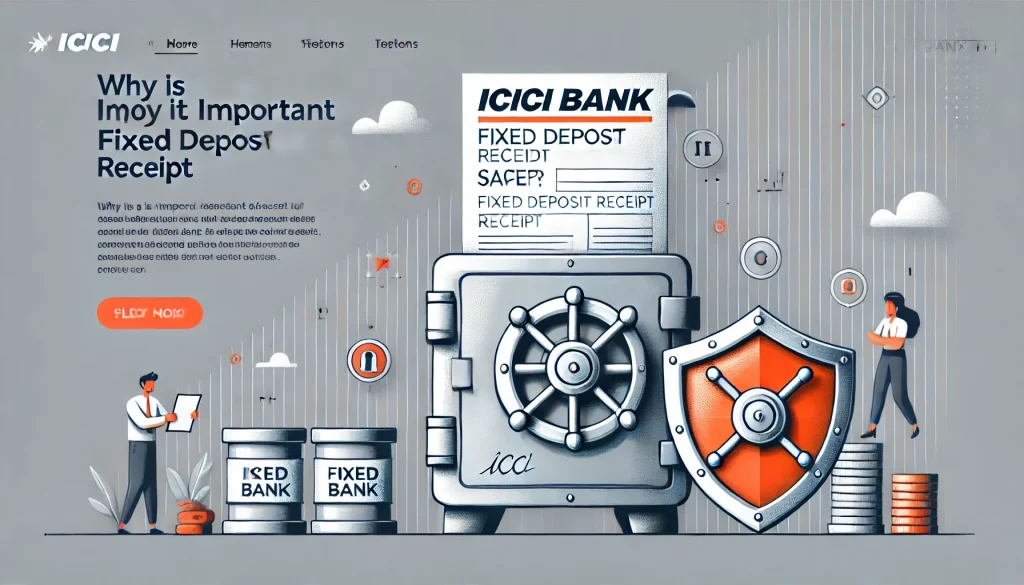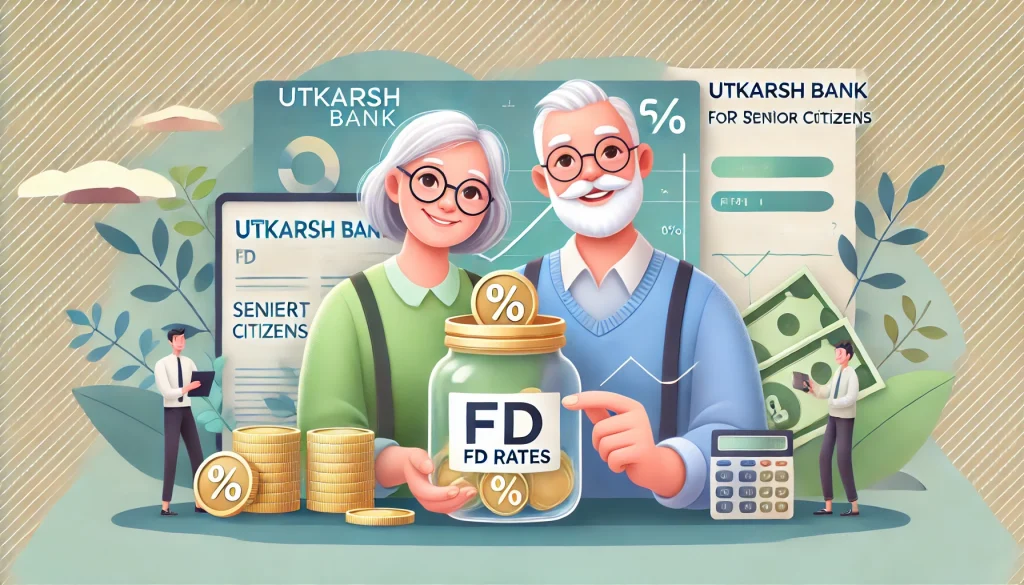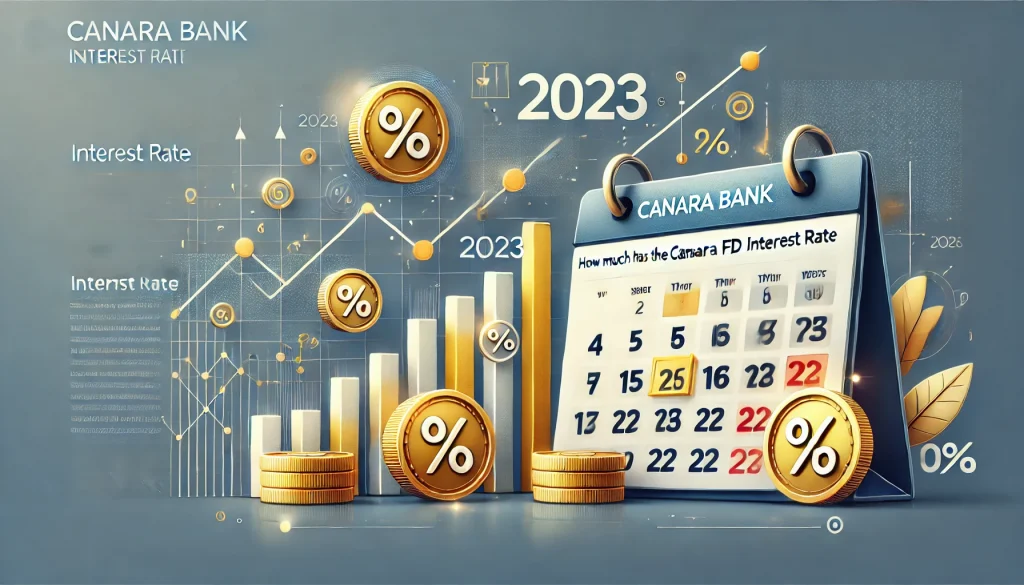
Fixed deposits are a popular investment option in India that allows individuals to deposit a lump sum amount with banks and NBFCs for a fixed tenure. The bank or NBFC then pays an agreed-upon interest rate for the deposited tenure. FDs give you the option to grow your wealth with flexibility. However, there are some fixed deposit rules and regulations that you must know before investing.
Fixed Deposit Rules and Regulations
Tax Deducted at Source on FDs – TDS is a crucial aspect of Fixed Deposits that depositors and financial institutions must adhere to. As per the Income Tax Act, TDS is applicable if the interest income on an FD exceeds Rs. 40,000 for regular depositors and Rs. 50,000 for senior citizens in a financial year.The TDS rate on Fixed Deposits is generally 10% for regular depositors. However, it is essential to note that this rate is subject to change as per updates in the Union Budget.Individuals eligible for TDS exemption can submit Form 15G (for individuals below 60 years) or Form 15H (for senior citizens) to the bank. This form declares that their total income is below the taxable limit.
- Tax on Fixed Deposit – Interest earned from Fixed Deposits is considered taxable income. It is added to the individual’s total income and taxed at the applicable slab rate.The tax on FD interest varies based on the income tax slabs defined by the government. Individuals falling in higher income brackets are subject to higher tax rates.
- Tax Benefits for Senior Citizens – Senior citizens are offered higher interest rates on Fixed Deposits than regular depositors. It provides them with a reliable source of income during retirement.Senior citizens can claim tax deductions on interest income earned from Fixed Deposits up to Rs. 50,000 under Section 80TTB.
- Tax Saving FDs – Tax Saving Fixed Deposits allow investors to save taxes while earning a fixed return on the investments. The amount invested in these FDs is eligible for deduction under Section 80C.Tax Saving FDs have a lock-in period of five years. Investors can only withdraw the amount after the completion of this period.
- Loan against FD – Most banks offer loans against fixed deposits. A loan against an FD is a convenient option for individuals needing funds urgently without prematurely breaking their FD. This loan can be availed from the same bank with which you have a bank account. The loan is typically offered at a lower interest rate than other types of loans.The loan amount that can be availed against an FD depends on the FD’s amount and tenure. Generally, banks offer up to 90% of the FD value as a loan.
- Penalty on Premature Withdrawal – Individuals may need to withdraw their FD prematurely due to unexpected financial emergencies or better investment opportunities.Banks levy a penalty for premature withdrawal of FDs. The penalty amount is deducted from the interest earned, and the remaining amount is given to the account holder.
Some Basic FD Rules and Regulations
- Eligibility Criteria for Opening an FD – To open a Fixed Deposit account, individuals must fulfil certain eligibility criteria, such as being an Indian resident or an NRI. Additionally, most financial institutions set a minimum age limit for opening an FD account.
- FD Tenure Options – Fixed Deposits come with various tenure options, ranging from a few months to several years. Longer tenure FDs typically offer higher interest rates compared to shorter-term deposits.
- FD Interest Rates – FD interest rates vary across different banks and NBFCs. These rates are subject to change and may depend on factors such as the deposit tenure and the prevailing market conditions.
Conclusion
Fixed Deposits are a safe and reliable investment option for individuals looking to earn steady returns with minimal risk. Understanding the fixed deposit rules and regulations, such as taxation, TDS, and premature withdrawal penalties, is essential for making informed investment decisions. Senior citizens can enjoy additional benefits, making FDs an attractive option for retirees. To maximise returns and avail of tax benefits, investors can consider Tax Saving FDs. Moreover, the option of taking a loan against an FD provides financial flexibility in times of need.
FAQs
Yes, the interest earned from Fixed Deposits is taxable as per the individual’s income tax slab
Yes, NRIs are eligible to open Fixed Deposit accounts in India
Yes, you can withdraw your FD prematurely, but it may attract a penalty.
Yes, the interest earned on Tax Saving FDs is taxable as per the individual’s income tax slab.
Disclaimer
This article is solely for educational purposes. Stable Money doesn't take any responsibility for the information or claims made in the blog.


